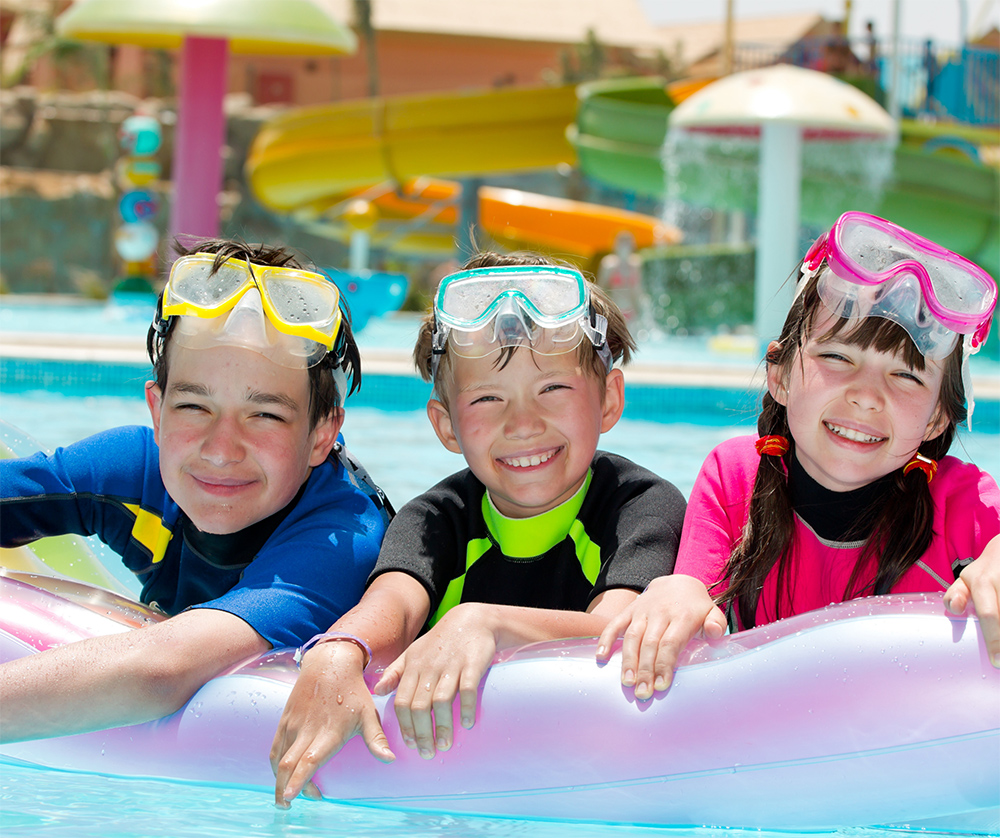Or the pool deck! Or a boat! Whatever your preference, you’re not alone. Every year thousands of Americans plan their vacations or days off around water activities. But a word of caution before you get caught up in your plans. According to the Centers for Disease Control, about ten people die each day from drowning, and of those, one in five are children age 14 or younger. It’s the leading cause of accidental death among children aged 1 to 4. And boating accidents add another 332 deaths per year. So, whatever your water fun preference, make sure you and your loved ones don’t end up as a statistic by following these ten water safety rules.
Questions about health insurance? Contact a Sea Mountain Personal Insurance Specialist today!
